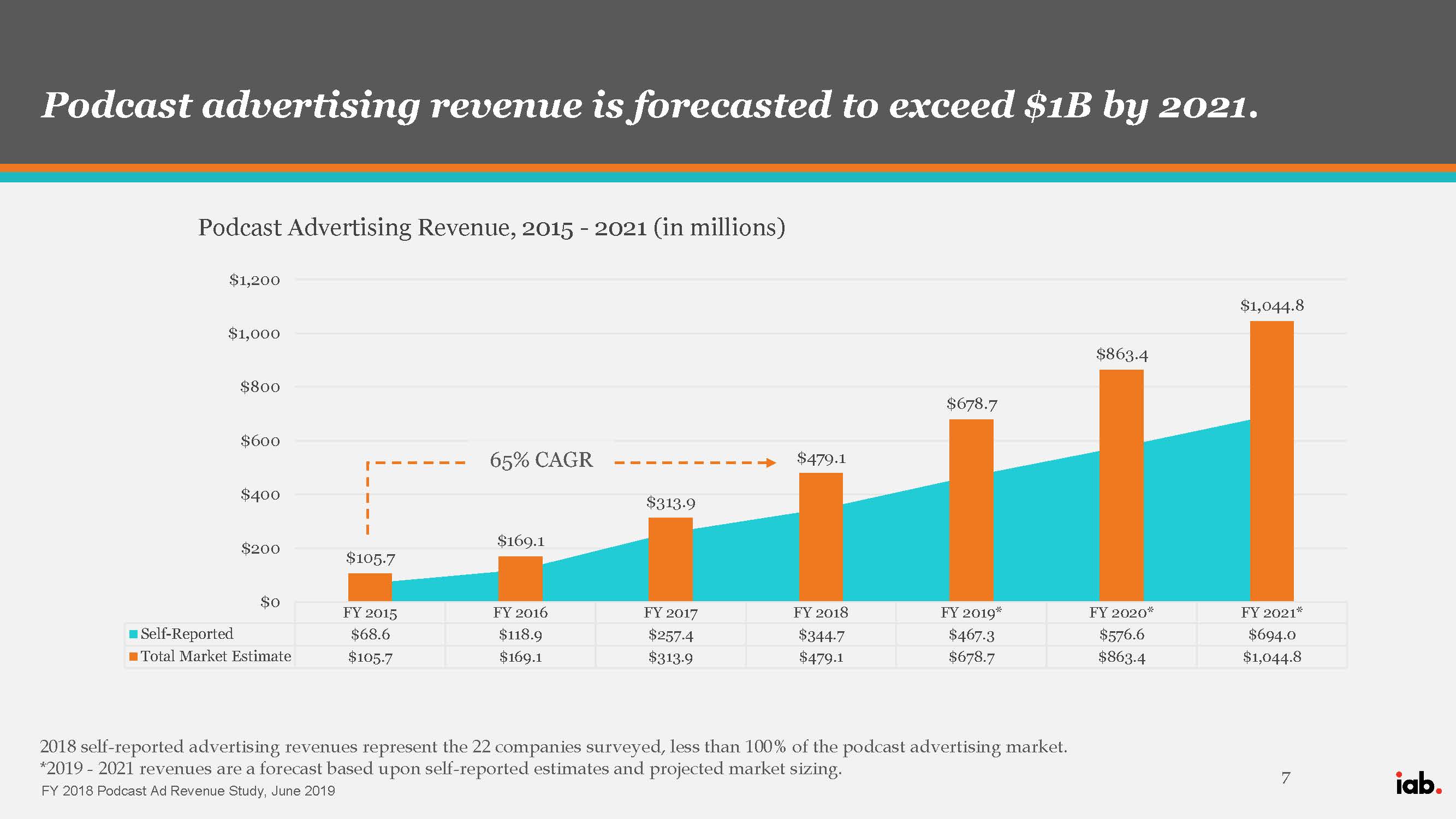
Mobile Marketing Unleashed: Trends Shaping the Future
In the dynamic landscape of digital marketing, mobile devices have become pivotal in reaching and engaging audiences. As technology evolves, so do mobile marketing trends. Explore the latest developments shaping the future of mobile marketing and how businesses can stay ahead in this rapidly changing landscape.
Rise of Augmented Reality (AR) and Virtual Reality (VR) Experiences
Mobile marketing is embracing immersive technologies like AR and VR to enhance user experiences. Brands are leveraging AR for interactive ads and product experiences, while VR is creating immersive storytelling. As these technologies become more accessible, businesses can explore innovative ways to engage users and make their mobile marketing efforts more captivating.
Conversational Marketing through Chatbots and Messaging Apps
The era of conversational marketing is here, driven by the widespread use of messaging apps and chatbots. Businesses are integrating chatbots into their mobile strategies to provide instant customer support, personalized recommendations, and seamless interactions. This trend not only enhances customer engagement but also streamlines the path to conversion.
Video Content Dominance in Mobile Advertising
Video content continues to dominate mobile advertising, capturing users’ attention in a visually engaging format. Short-form videos, live streaming, and interactive video ads are gaining popularity. As mobile devices become the primary platform for video consumption, businesses are investing in creating compelling video content to connect with their target audiences.
Personalization Powered by Artificial Intelligence (AI)
AI-driven personalization is a key trend in mobile marketing. With advanced algorithms, businesses can analyze user behavior and preferences to deliver highly personalized content and recommendations. From personalized push notifications to tailored in-app experiences, AI is revolutionizing how brands connect with users on a one-to-one level.
Location-Based Marketing for Targeted Outreach
Location-based marketing utilizes the geographic data of mobile users to deliver targeted and relevant content. Businesses are leveraging geofencing, beacon technology, and location-based push notifications to engage users when they are in proximity to physical locations. This trend enhances the relevance of marketing messages and encourages real-time engagement.
Progressive Web Apps (PWAs) Enhancing User Experience
PWAs are blurring the lines between mobile apps and websites, offering a seamless and fast user experience. These apps work offline, load quickly, and provide an app-like experience without the need for installation. As users seek convenience and speed, PWAs are becoming a preferred choice for businesses aiming to deliver optimal mobile experiences.
Mobile-First Indexing for Search Engine Optimization (SEO)
Search engines are prioritizing mobile-first indexing, considering the mobile version of a website as the primary source for indexing and ranking. This trend emphasizes the importance of mobile optimization for SEO. Businesses need mobile-friendly websites with responsive designs to ensure visibility and rankings on search engine results pages.
Ephemeral Content and the Rise of Stories
Ephemeral content, such as Stories on platforms like Instagram and Snapchat, has gained immense popularity. These temporary and engaging posts allow businesses to share authentic, behind-the-scenes content and promotions. Incorporating ephemeral content into mobile marketing strategies provides a sense of urgency and encourages immediate interaction.
Mobile Wallets and Contactless Payments
The convenience of mobile wallets and contactless payments is reshaping mobile commerce. With the integration of payment options like Apple Pay, Google Pay, and other digital wallets, businesses are simplifying the checkout process and providing users with a secure and efficient way to make purchases through their mobile devices.
Strategic Influencer Collaborations in Mobile Marketing
Influencer marketing remains a powerful strategy, and on mobile platforms, collaborations with influencers are becoming more strategic. Brands are partnering with influencers who align with their values, and influencers are creating authentic and engaging content. This trend leverages the trust and connection influencers have with their audiences, enhancing the effectiveness of mobile marketing campaigns.
In staying abreast of mobile marketing trends, businesses can adapt their strategies to align with evolving consumer behaviors and technological advancements. For additional insights and guidance on navigating the mobile marketing landscape, consider visiting Mobile marketing trends. Unleashing the potential of mobile marketing requires a dynamic and forward-thinking approach, ensuring brands remain at the forefront of digital engagement.
